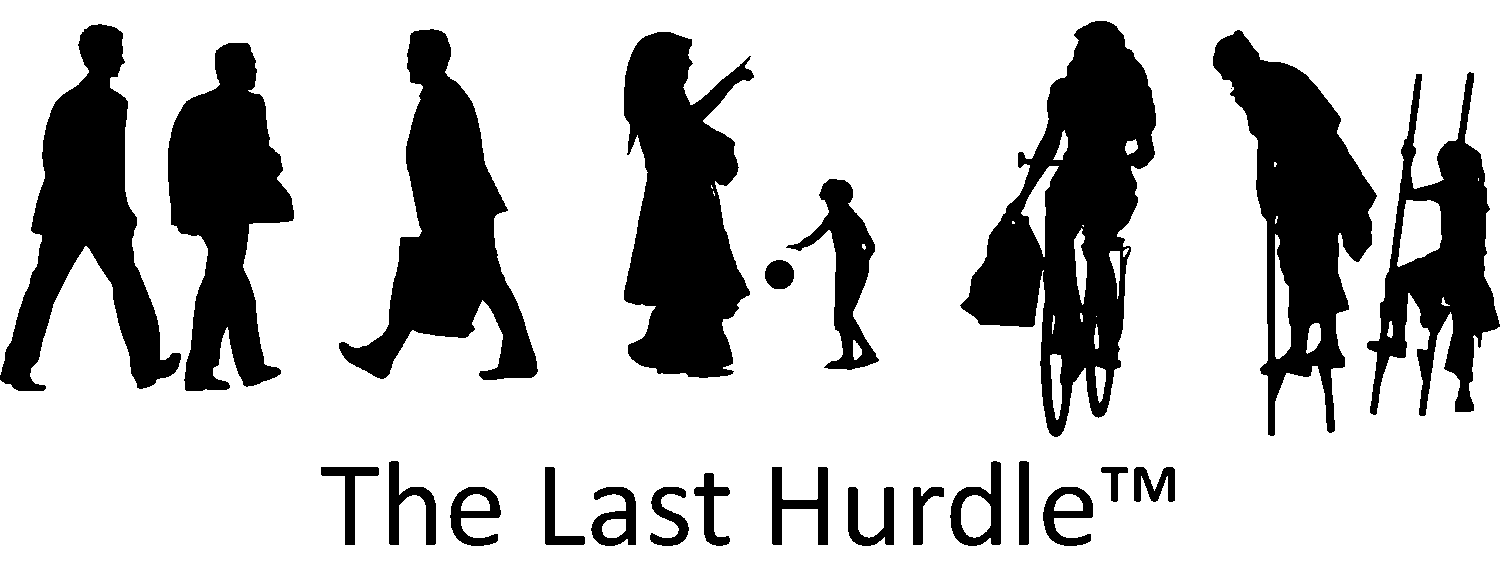What Should be Included on a Product Page
Creating a great product page is like assembling a sophisticated jigsaw puzzle. Each element plays a crucial part in forming the complete picture – a compelling, persuasive, and informative showcase of your product. This blog post will guide you through the indispensable components of a truly successful product page.
A Captivating Product Description
We see far too many product pages that have a sparse description, almost like they are afraid to write about the product. The product description is your opportunity to convey your product’s value proposition. It should be engaging and filled with benefits, focusing on what makes your product unique. Rather than blandly stating what the product is, your description should answer the consumer’s question: ‘What will this product do for me?’
Include all the necessary details, but make sure your language is easy to understand. Cleverly intersperse keywords that resonate with your target audience. They will help improve search engine optimisation (SEO) and attract potential buyers who are searching for your specific product.
Don’t be afraid to include descriptive examples of use!
Detailed Item Specifications
Beyond the product description, item specifications offer a deeper dive into the product details. These might include the different sizes available if applicable, colour options, materials used, compatibility information, or even the origin of production. Here, accuracy is paramount – consumers should know exactly what they’re purchasing to avoid disappointment or return issues.
Thorough Technical Information
Depending on the nature of your product, technical information may play a significant role in influencing the purchase decision. This could be detailed performance data, energy efficiency ratings, compatibility information or even schematics for more complex products.
If you’re selling a tech product, it’s essential to include relevant specifications such as processor speed, memory, or battery life. Displaying this technical information in an easy-to-understand format will help consumers make an informed purchase decision.
High-Quality Images
Images can make or break your product page. The online shopping experience lacks the tactile engagement of a physical store, so your images need to compensate for that absence. High-quality photos from different angles, close-up shots of important features, or even videos can provide a more interactive experience.
Don’t underestimate the power of a 360-degree view or a zoom-in function; these can give consumers a better sense of the product, increasing their confidence in the purchase.
As with the description, don’t be afraid to include shots of the product in use. For more Product Photography tips click here for another our helpful blogs.
Transparent Pricing Information
Price is often a deciding factor in the purchase process. Therefore, it should be clearly displayed and easy to find on your product page. Include any additional costs, like VAT, shipping, or handling fees upfront. Surprise costs can lead to abandoned carts and a lack of trust in your brand.
Offer information about any available payment options or financing solutions. If you’re running a sale or promotion, make sure the original price is also visible to highlight the deal they’re getting.

Frequently Asked Questions (FAQs)
A comprehensive FAQ section can save both your team and your customers valuable time. It can resolve common queries instantly and reduce the burden on your customer service team.
Look for recurring questions in customer emails or reviews and use these to create your FAQ section. Answers should be concise and clear. This section can also be used to address any common objections or misconceptions about your product.
Encouraging Customer Reviews
Peer opinions can significantly impact purchasing decisions. By including a section for customer reviews and ratings on your product page, you offer social proof of your product’s quality. Positive reviews can boost a potential customer’s confidence, while responses to negative reviews can demonstrate your commitment to customer satisfaction.
What Should be Included on a Product Page
Every element on your product page should be aimed at converting browsers into buyers. By crafting compelling product descriptions, providing comprehensive specifications and technical information, displaying high-quality images, presenting clear pricing, offering an exhaustive FAQ section, and promoting customer reviews, you create an informative and persuasive product showcase as well as giving the search engines a lot more incentive to rank your product!
Is Your Product Page Doing Its Job?
At The Last Hurdle, we know that your product page isn’t just another part of your website—it’s the heart of your online sales. Getting it right can make the difference between a browsing visitor and a buying customer.
Here’s how we can help:
- Craft Compelling Content
From captivating product descriptions to detailed specifications, we’ll ensure your pages tell the story your customers need to hear. - Visual Impact
We’ll help you showcase your products with high-quality images that bring them to life, including expert tips on photography and placement. - Engage with FAQs
Our team will curate a FAQ section tailored to your audience, addressing common queries and removing roadblocks to purchase. - Boost Confidence with Reviews
We’ll guide you in setting up and optimising customer review sections to show potential buyers why your product is worth it. - Transparent Pricing Strategies
Ensure your pricing is clear, competitive and enticing—no hidden surprises for your customers. - SEO-Focused Approach
We’ll optimise every element to help your product pages rank higher, driving more traffic and boosting sales.
Ready to Transform Your Product Pages?
Get in touch today to elevate your e-commerce strategy. Call us on 01604 654545, email [email protected], or send us a message on your favourite social platform.





